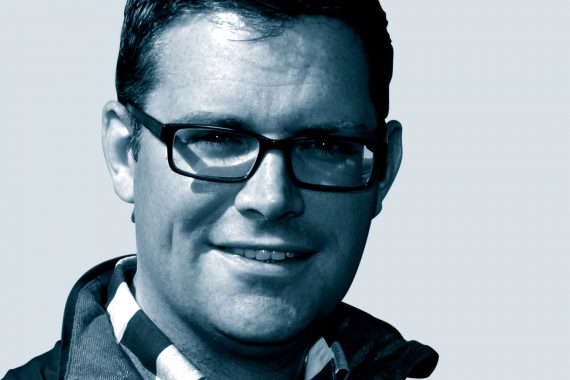Preparing patients for the long wait

When I was a GP trainee, I was lucky to be part of an effective CSA study group. We met frequently in the evenings, chewed the fat (as well as pizza) about our training, shared challenging cases and put ourselves through simulated consultations with honest critique and the ever-important buzzer that sounded at eight then ten minutes – Pavlovian psychology and pizza worked for us.
We bought a few books to give us case scenarios, but we found one of the most effective methods of simulating consultations was to ‘play back’ a patient that we had seen ourselves in recent days. I was never disappointed by how much there was to learn from putting yourself in the patient’s shoes, whilst seeing how a colleague responded. Often, it was an even richer learning experience than being the consulter, and allowed the value of empathy to be understood to a greater degree. It also brought out some impressive amateur dramatics.
Inevitably, we gave some focus to breaking bad news. This something that we all consider during medical school, and cover more comprehensively as GP trainees. Of course, the approach is honed and chiselled through subsequent life and professional experience. However, there is one particular type of bad news that I think we don’t train so well for: when we know that patients are about to face the waiting game for a clinic appointment or – especially – diagnostic tests.
I recently had this situation with someone who had a complex surgical problem. It didn’t merit an urgent referral as such, so this meant a likely 12-week wait for an appointment with the surgeons. I thought that a parallel request for a CT abdomen – there were additional circumstances and it was discussed with one of our radiologists at the time – would be useful to the surgeons in having the necessary information at the outpatient appointment that I had requested.
So now for some waiting time facts: how long is our current wait for a routine CT scan? One week? Ten weeks? Nope, 19 weeks at the time of this case (it is currently 18 weeks). Echos take up to six months. Ultrasounds six to 10 weeks.
And with IR35 driving away the locums on which so many of our diagnostic services rely, I have been told, it is about to get a lot worse.
One of the effects of these ever-increasing waiting times is that waits previously considered long, become normalised. Eight weeks seems like a great service compared with 42 weeks. However waiting two months for a key part of the diagnostic journey to take place after referral is poor.
Amidst all the other things that might put folk off becoming GPs, this erosive experience continues on a daily basis, yet remains relatively submerged under the horizon of What Puts People Off GP. It becomes tiring to work out how to ‘break it gently’ to a patient that despite your own best efforts and interest, the system just isn’t going to respond to your request in a timely fashion, and thwart your desire to give decent realistic care in the context of uncertainty.
It is considered good practice to identify positive aspects on which to end the consultation with some optimism or hope. Sometimes, I reach for the depths of parochial rural practice when discussing access to some local services, ‘six weeks on Arran for physiotherapy, 40 weeks on the mainland’. Never has relative comparison been such an ally to ending a consultation on a more positive note.
We live in the age of austerity, which seems to mean everyone blaming eachother for not having enough money to adequately fund our health service. Yet despite being the most cost-effective jewel in the NHS crown, GP services are being hindered from practising realistic (and effective) medicine as we just can’t access the diagnostic tools that we need. Crucially this must not be allowed to perpetuate the ‘us and them’ of the primary/secondary care interface… but we do need to recognise the effect that rising waiting times has on our own duty to impart this bad news.
David Hogg is a GP on the Isle of Arran and Chair of the Rural GP Association of Scotland. He writes in a personal capacity. You can follow him on Twitter @davidrhogg
Pulse October survey
Take our July 2025 survey to potentially win £1.000 worth of tokens











